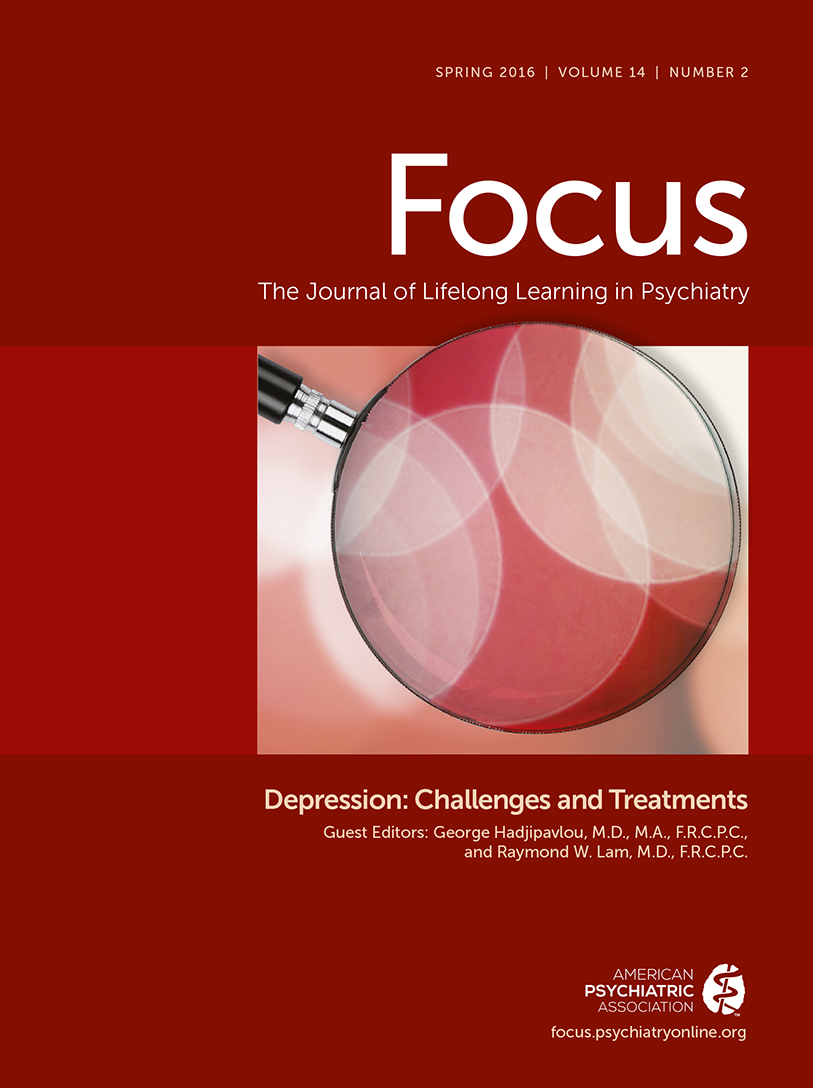Long-Term Efficacy of Repeated Daily Prefrontal Transcranial Magnetic Stimulation (TMS) In Treatmnt-Resistant Depression
Abstract
Background:
A few studies have examined the durability of transcranial magnetic stimulation (TMS) antidepressant benefit once patients remitted. This study examined the long-term durability of clinical benefit from TMS using a protocol-specified TMS taper and either continuation pharmacotherapy or naturalistic follow-up.
Methods:
Patients were remitters from an acute double-blind sham-controlled trial of TMS (n = 18), or from an open-label extension in patients who did not respond to the acute trial (n = 43). Long-term durability of TMS acute effect was examined in remitters over a 12-week follow-up. Relapse, defined as 24-item Hamilton Depression Rating Scale (HDRS-24) ≥20, was the primary outcome.
Results:
Of 61 remitters in the acute trial, five entered naturalistic follow-up and 50 entered the TMS taper. Thirty-two patients completed TMS taper and 1-, 2-, and 3-month follow-up. At 3-month visit, 29 of 50 (58%) were classified as in remission (HDRS-24 ≤10), two of 50 (4%) as partial responders (30%≤ HDRS-24 reduction <50% from baseline), and one of 50 (2%) met criteria for relapse. During the entire 3-month follow-up, five of the 37 patients relapsed (relapse rate = 13.5%), but four of them regained remission by the end of the study. The average time to relapse in these five patients was 7.2 ± 3.3 weeks. Patients who relapsed had higher depression scores at 1 month.
Conclusions:
While one third of the sample was lost to follow-up, our results demonstrate that most patients contributing to observations experienced persistence of benefit from TMS followed by pharmacotherapy or no medication. Longer follow-up and more rigorous studies are needed to explore the true long-term durability of remission
(Reprinted with permission from Depression and Anxiety 2012; 29:833-890)



